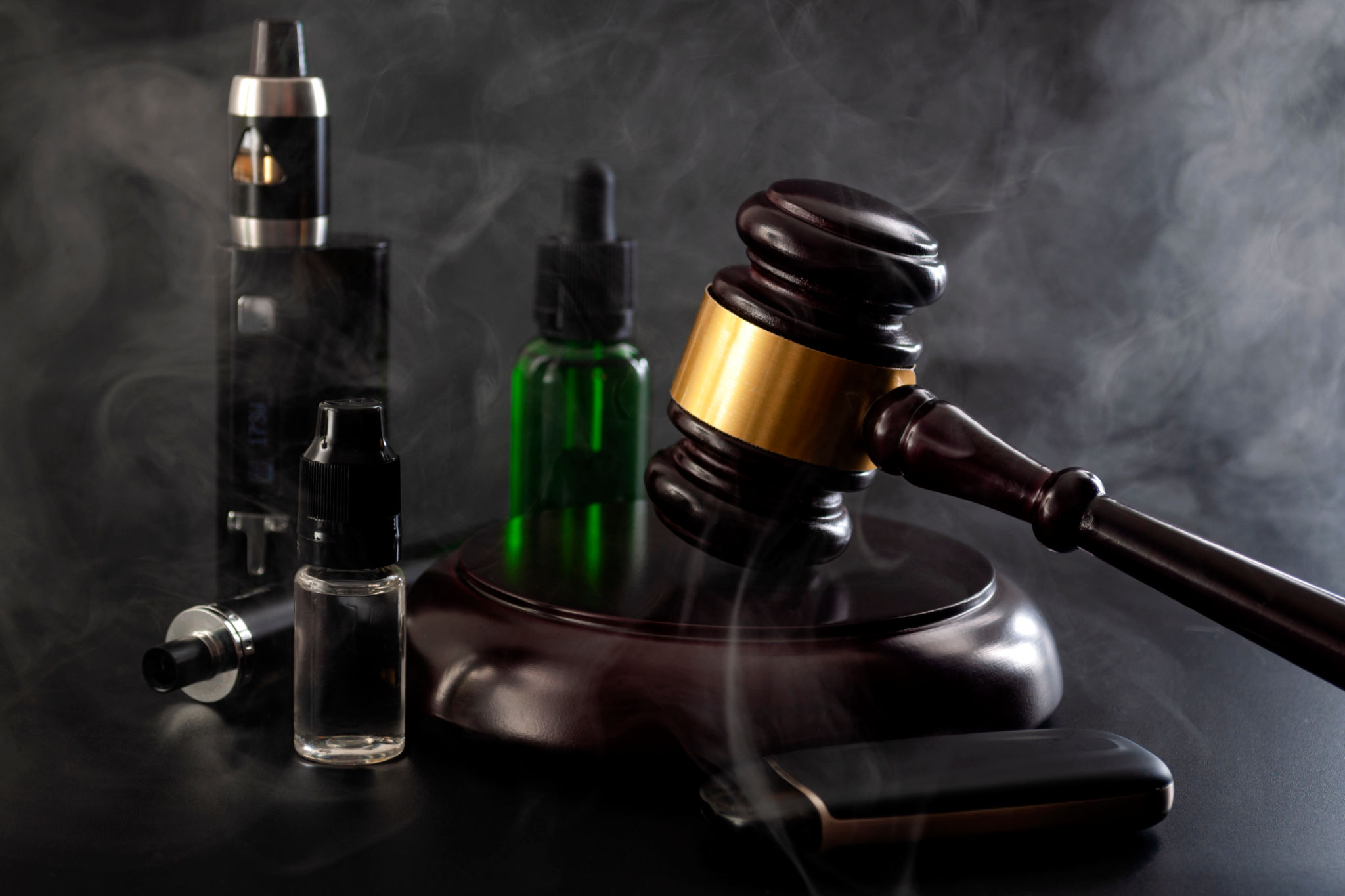Understanding Vape Electronics Regulations in Switzerland
Introduction to Vape Electronics Regulations in Switzerland
Switzerland has positioned itself as a significant player in the vaping industry, with a regulatory framework that strives to balance innovation with public health concerns. Understanding these regulations is crucial for manufacturers, retailers, and consumers alike. This blog post will delve into the key aspects of vape electronics regulations in Switzerland, highlighting important rules and guidelines.
In recent years, the popularity of vaping has surged, leading to increased scrutiny and regulatory measures. The Swiss government aims to ensure that electronic vaping devices meet specific safety and quality standards, protecting users from potential risks associated with these products.

Core Regulations for Vape Electronics
The Swiss Federal Food Safety and Veterinary Office (FSVO) is the primary body responsible for the regulation of vape products. Their regulations cover various aspects, ensuring that all products on the market are safe for consumer use. Below are some of the core regulations to be aware of:
- Product Safety: All vape devices must meet specific safety standards to prevent malfunction or harm to users.
- Nicotine Content: E-liquids with nicotine must comply with strict concentration limits, ensuring they are not overly potent.
- Labeling Requirements: Products must be clearly labeled with detailed information on ingredients and nicotine content.
These regulations are designed to create a safer environment for consumers while allowing the industry to thrive under controlled conditions.
Import and Sales Regulations
For those looking to import or sell vape products in Switzerland, understanding the import and sales regulations is essential. The Swiss government has set forth guidelines that dictate how these products can enter the market and how they should be sold:
- Importation Approval: Importers must ensure their products comply with Swiss standards before entering the market.
- Retail Sales: Retailers are required to verify the age of consumers, as the sale of vape products is restricted to individuals over 18 years of age.
- Advertising Restrictions: Advertising vape products is tightly regulated, with restrictions aimed at protecting minors and non-smokers.

Compliance and Enforcement
The enforcement of vape electronics regulations in Switzerland is rigorous. Regular inspections are conducted by authorities to ensure compliance with existing laws. Non-compliance can result in severe penalties, including fines and product recalls. Therefore, businesses must stay informed about regulatory updates and ensure consistent adherence to all requirements.
Furthermore, manufacturers are encouraged to conduct thorough testing of their products before they reach the market. This proactive approach not only ensures compliance but also helps build consumer trust in their brand.

Future of Vaping Regulations in Switzerland
The vaping landscape in Switzerland continues to evolve, with ongoing discussions about potential regulatory changes. These discussions often focus on further tightening advertising rules, increasing safety standards, and enhancing consumer protection measures.
As the industry grows, stakeholders must remain vigilant and adaptable to new regulations. Keeping abreast of changes will be crucial for those involved in the Swiss vaping market to maintain compliance and continue operating successfully.
For consumers, staying informed about these regulations is equally important. Understanding the rules surrounding vape electronics can help users make safer choices and remain aware of their rights as consumers.
Conclusion
The regulatory landscape for vape electronics in Switzerland is robust and continually evolving. By understanding these regulations, manufacturers, retailers, and consumers can navigate the market more effectively and ensure the safety and quality of vape products. As this industry develops further, staying informed will be key to thriving in Switzerland's vaping sector.
